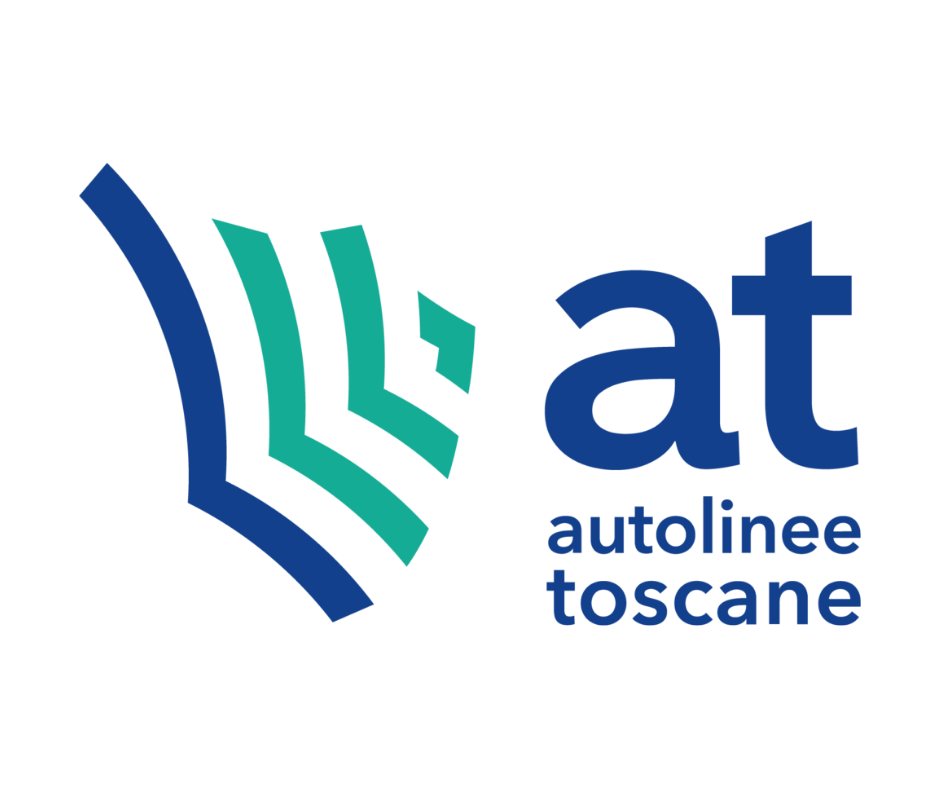Tuscany's transit ticketing renaissance: a unified system and 'tip tap' simplicity

Industry
Public Transportation
Customer story
Autolinee Toscane chose Kuba to transition from multiple, fragmented ticketing systems to a unified, account-based ticketing solution.
Achievements
After careful consultation and preparation, the transition was expertly managed overnight without any downtime or disruption.
Solutions provided
ABT platform, open payments
"We are delighted with the ABT solution Kuba provided, which was highly commended in the Best Smart Ticketing Programme category at the 2025 Transport Ticketing Global Awards."

Andrea Buonomini
CEO of RATP Dev Italia Development Technologies

About Autolinee Toscane
Autolinee Toscane (AT) is one of the subsidiaries of RATP Dev, a company of the RATP Group (Régie Autonome des Transports Parisiens), the third largest transport operator in the world. It oversees the integration, monitoring and management of more than 950 bus lines in Tuscany, the fifth largest region in Italy. Thousands of AT buses carry passengers around a network that spans 24,000km and includes 37,000 stops. AT connects cities, villages and towns set in the diverse, beautiful Tuscan landscape of mountains and coastline.
The challenge
Autolinee Toscane (AT) took over Tuscany’s bus network in 2021. Previously run by 22 independent bus operators, one of the major challenges this presented was the lack of collaboration and integration of services. The fragmented ticketing system, for instance, prevented a clear vision for fare payments and ticketing across the region.
One of the first steps on AT's journey was to instigate a complex transition from eight systems to a single, unified account-based ticketing platform. This foundation would play a key role in enabling easier monitoring and management, while also giving bus users the same, simple ticketing experience, whatever their journey’s start or end.
Project goals
Autolinee Toscane (AT) wanted to simplify fare payments on Tuscany’s bus network. Other goals were to motivate the use of shared transport, making road travel more reliable and rapid; and to reduce waste created by smart cards and paper tickets.
It sought a unified ticketing system with a simple user experience across its network, which would enable passengers to travel using tokens they already have. There was no existing solution to match its complex requirements, so it was looking for a partner to listen to their needs, identify problems and troubleshoot together to find solutions.
Some of AT's primary areas of focus included:
-
Efficiency: Integrating eight ticketing systems into a single, unified platform was aimed at empowering AT to monitor and manage the system efficiently for the network as a whole. It was important that data on passenger behaviour could be collected to understand network use, region-wide, helping to inform the way services are delivered.
-
Scalability: It's no exaggeration to say that AT's network is huge. The ABT system it deployed had to be scalable and secure. Cloud-based, elastic infrastructure, reinforced with the robust payment and data security were essential to the successful delivery.
-
Innovation: AT had a clever plan to use health cards - issued to every Tuscan resident - as an account-based ticketing 'travel token’. One of the goals of the ambitious project with Kuba was to enable users to link their travel account to their health card. To add to the complexity of delivery, the new system also had to integrate with AT's mobile app.
-
Simplicity: The second phase of delivery, in 2024, was the introduction of open payments. Validators linked to the ABT system had to be contactless-enabled to allow riders the familiar experience of tapping to pay using their bank card or mobile wallet.
-
Passenger appeal: AT's mission is to make transport in Tuscany more rapid, reliable and accessible by motivating more people to use the bus network. A user-friendly ticketing system, with simple fare rules, is a key part of their passenger-focused offer.
-
Environmental smarts: The move to account-based ticketing, which uses digital tokens instead of paper tickets, helps AT to achieve its ecological goal of reducing paper waste and litter on its streets. In addition, by making public transport a more attractive option, it wants to motivate more people to travel by bus, leaving their cars at home.
The solution
Open architecture: Kuba's scalable, cloud-based account-based ticketing platform is built with an open architecture. With simple APIs, it integrates seamlessly to Kuba and third-party hardware and software. For AT, this enabled the ABT system to connect to AT's mobile app and Kuba fare validators, 6,000 of which were deployed on AT buses. The flexible platform is ideal to meet the demands of the vast regional network operated by Autolinee Toscane.
Multi-token acceptance: AT uses Kuba's back office, along with its fare validators, while it maintains its own AT bus mobile app through a different vendor. Kuba integrates with payment service provider Littlepay to handle the transaction flow of cEMV payments from point of tap to settlement of funds. The combined solution delivers multi-token acceptance - meaning that transport users can tap or scan to travel on AT buses with their preferred token: a health card, stored tickets on an app, a contactless credit or debit card, or a mobile wallet.
Open payments: Kuba supported the transition to open payments, designing a solution that reflected the existing fare structures, which are a complex combination of fixed rate lines and origin/destination rate lines. The offer could be communicated simply to passengers using colour-codes: On urban lines (green), tap-on every time you board; on mixed-fare (orange), suburban (blue) and fast route (purple) lines, tap-on when you board and tap off when you exit. Following these rules, passengers can be confident they will be charged the best available fare.
Multi-operator: When open payments were activated across AT buses, the scheme known as 'tip tap' was extended across the Florence tram system too. While Kuba's back office handles the complexities of multi-operator journeys -- aggregating taps, calculating fares, collecting revenue and apportioning funds to the correct operator -- transport users' experience was simple. They hop on and off AT buses, and trams in Florence, with the same 'tip tap' experience.
The results
Kuba’s account-based ticketing platform enables AT to unify the management of ticketing across the region. It benefits from joined-up data on passengers’ payment and travel behaviour. Using this insight, it can optimize fares and services to improve passenger experience and operational efficiency. Dwell times and schedule adherence are improving.
Since account-based ticketing was introduced, about 500k users have registered. With the addition of open payments, AT estimates the system has eliminated the waste of over six million sheets of paper and two million plastic cards.
Data from the first eight months of open payments showed that passengers are migrating from other payment methods to EMV. With €10 million in transactions during that period, over 30,000 daily journeys started with a tap.
The EMV sales channel is growing month-on-month and is used for:
- 10% of ticket sales
- 18% of intercity journeys
- 35% of single-ride ticket sales for urban services
"We are delighted with the ABT solution Kuba provided, which was highly commended in the Best Smart Ticketing Programme category at the 2025 Transport Ticketing Global Awards,” says Andrea Buonomini, CEO of RATP Dev Italia – Development Technologies.
Hear our customer’s story
Tommaso Rosa, Marketing and Communications Director at Autolinee Toscane, tells the story of Autolinee Toscane’s partnership with Kuba.
“We chose Kuba for the quality of their offer, both from the technical and economic point of view. Switching from eight systems to one was very complicated in the design phase. We made the transition in one night.
"The innovation behind our account-based ticketing solution has made public transport payments simpler, more immediate, ecological, and familiar, given that passengers can use their health card, bank card or mobile device as their ticket to travel. Two months after launching 'tip tap' we hit the milestone of a million taps on board. We knew the system would be popular with passengers, and the data confirmed our expectations.
"Our experience in Tuscany is a case study that can be replicated and adapted. Every region that wants to simplify the ticket sales system and make it easier for both operators and customers should equip themselves with an ABT system like this."
Watch the full story
Keep this case study
Download a copy.

.jpg?width=4032&height=4032&name=MST%20bus%20(1).jpg)

